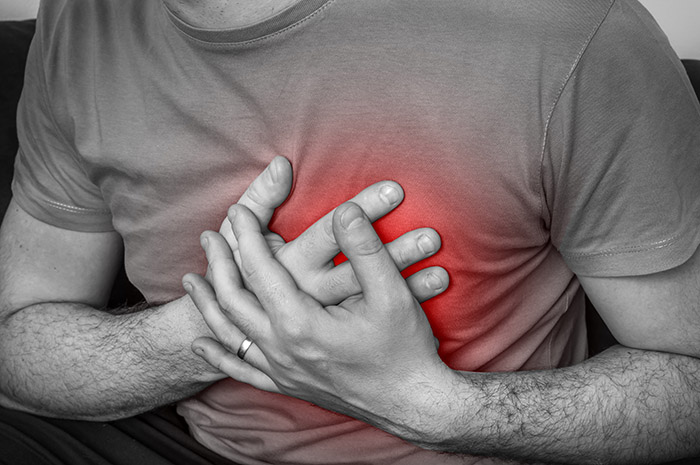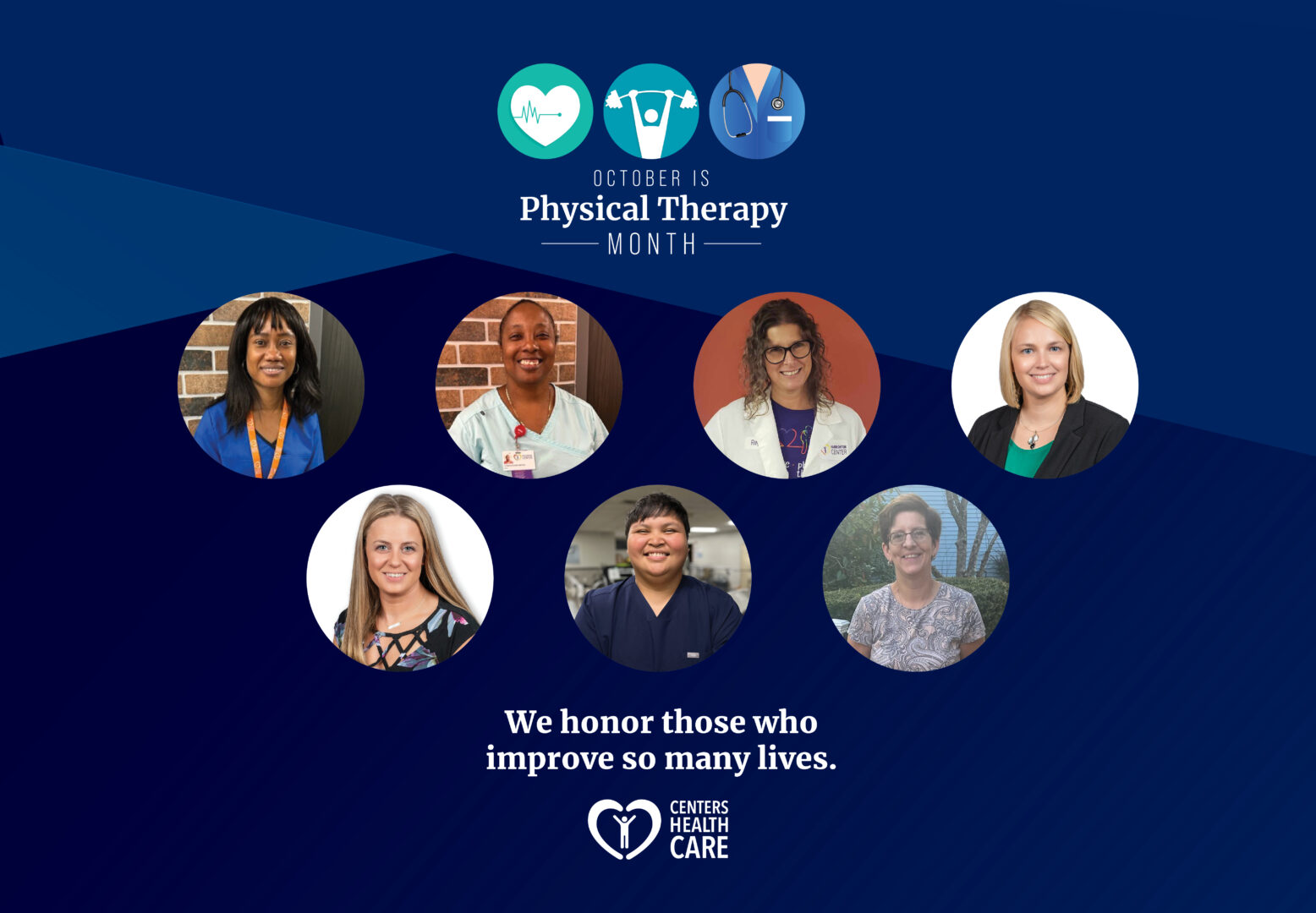Health Risks of Sleep Deprivation

Not getting enough sleep isn’t just an inconvenience. Routinely getting fewer than at least seven hours of sleep per night can not only make you groggy and cranky during the day, it can also lead to a number of health problems and potentially dangerous situations.
Centers Health Care has a look at five of those problems.
- Chronic Health Conditions
Getting fewer than seven hours of sleep on a daily basis opens you up to a greater risk of debilitating health conditions like obesity, heart disease, high blood pressure, diabetes, stroke, and depression.
- Weakened Immune System
Along with the health conditions listed above, you are also more likely to catch a bug when sleep deprived. This is because your immune system isn’t functioning as well as it should when you’re not getting enough sleep, so viruses that the body might typically fend off instead can make you sick.
- Tired Brain
A study published in 2012 found that around 275,000 accidents in the workplace were a result of someone being sleep deprived. The reason the brain doesn’t function as well as it normally should is that if you don’t get enough sleep, the brain doesn’t have time to perform all the tasks it needs to perform while your body sleeps to work at 100% the next day.
- Toxins Can Accumulate in the Brain
Not getting enough sleep can also affect your ability to learn new information and it’s even theorized that enough toxins could build to be linked to Alzheimer’s and other forms of dementia. More studies are needed, but the thinking is that by not getting enough sleep, the brain doesn’t have enough time at night to clear these toxins out.
- Driving Dangers
Studies have found that drowsy driving can be almost as dangerous as drunk driving or driving while distracted (when texting, for example). Getting fewer than six hours of sleep and then getting behind the wheel constitutes drowsy driving, and research shows that driving after being up for 20-straight hours is comparable to having a blood-alcohol level of .08, which is the legal limit in many states.


